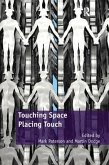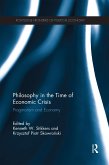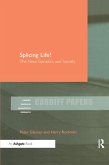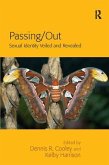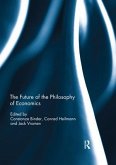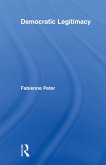Ignorance is typically thought of as the absence or opposite of knowledge. In global societies that equate knowledge with power, ignorance is seen as a liability that can and should be overcome through increased education and access to information. In recent years, scholars from the social sciences, natural sciences and humanities have challenged this assumption, and have explored the ways in which ignorance can serve as a vital resource - perhaps the most vital resource - in social and political life.
In this seminal volume, leading theorists of ignorance from anthropology, sociology and legal studies explore the productive role of ignorance in maintaining and destabilizing political regimes, entrenching corporate power, and shaping policy developments in climate science, global health, and global economic governance. From debates over death tolls during the war in Iraq, to the root causes of the global financial crisis, to poverty reduction strategies at the World Bank, contributors shed light on the unexpected ways that ignorance is actively harnessed by both the powerful and the marginalized in order to achieve different objectives. This eye-opening volume suggests that to understand power today, we must enrich our understanding of ignorance.
This book was originally published as a special issue of Economy and Society.
In this seminal volume, leading theorists of ignorance from anthropology, sociology and legal studies explore the productive role of ignorance in maintaining and destabilizing political regimes, entrenching corporate power, and shaping policy developments in climate science, global health, and global economic governance. From debates over death tolls during the war in Iraq, to the root causes of the global financial crisis, to poverty reduction strategies at the World Bank, contributors shed light on the unexpected ways that ignorance is actively harnessed by both the powerful and the marginalized in order to achieve different objectives. This eye-opening volume suggests that to understand power today, we must enrich our understanding of ignorance.
This book was originally published as a special issue of Economy and Society.
"An Introduction to the Sociology of Ignorance will serve as a partial but nonetheless interesting overview of Ignorance Studies and more generally in the fields of Social Epistemology and Social Theory. All chapters are rigorous and well documented."- Yves Laberge, Electronic Green Journal
"An Introduction to the Sociology of Ignorance will serve as a partial but nonetheless interesting overview of Ignorance Studies and more generally in the fields of Social Epistemology and Social Theory. All chapters are rigorous and well documented."- Yves Laberge, Electronic Green Journal


